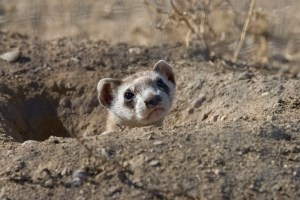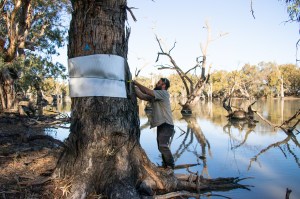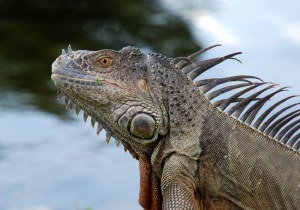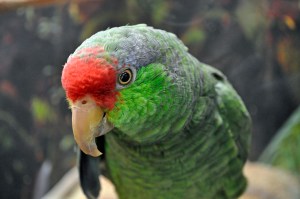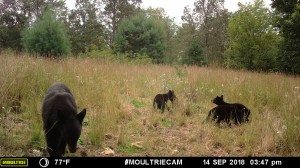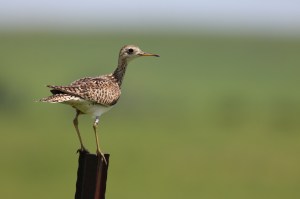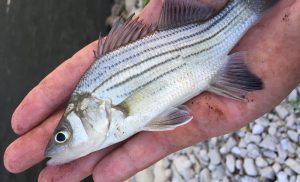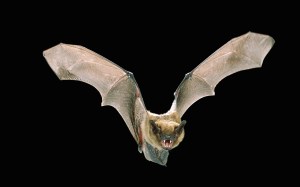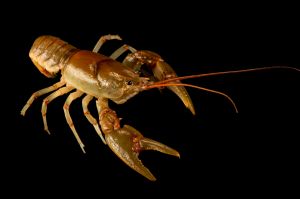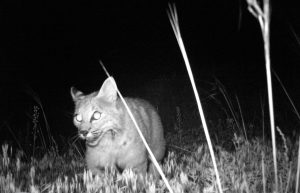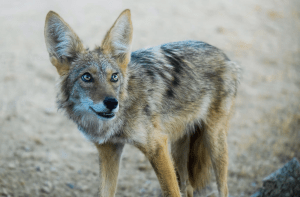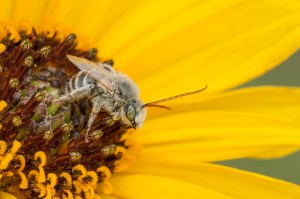Discover stories in Wildlife
Mighty Mustelids: Meet the World’s Most Epic Weasels
Fun facts and where to see members of the weasel family, from honey badgers to wolverines to giant otters.
Wrapping Trees to Find Reptiles
Scientists are searching for rare reptiles by wrapping trees with yoga-matt-like foam.
The Iguana Invasion
The green iguana invades Florida’s natural areas – and swimming pools.
A Field Guide to The Feral Parrots of the US
The US is home to dozens of feral parrot species. Here's a quick guide to identifying the most common birds.
Camera Trap Chronicles: The Pennsylvania Wilds
Trail cameras set in north-central Pennsylvania capture images of wood rats, fishers, bears and more.
This Upland Sandpiper Was Banded 13 Years Ago. And It’s Still Alive.
An upland sandpiper in Kansas sets the new age record for the species.
50 Fish, 50 States: The Bass of Emiquon
Chasing bass on a former cornfield turned restored wetland in Illinois.
The Real Batmobile: A Citizen Scientist’s Night Drive
Monitoring bats on back roads is a citizen science project for the whole family…sort of.
Radio Tracking a Rare Crayfish
The Guyandotte crayfish was thought to be extinct. But it’s back.
Camera Trap Chronicles: Phantom Canyon Preserve
Camera traps reveal the wildlife secrets of Phantom Canyon Preserve in Colorado.
A Field Guide to Commonly Misidentified Mammals
Never cry wolf when it’s a coyote, and other common wildlife cases of mistaken identity.
Focus on Native Bees, Not Honey Bees
Everyone knows pollinators are in trouble, but almost all the attention is on non-native honey bees.
